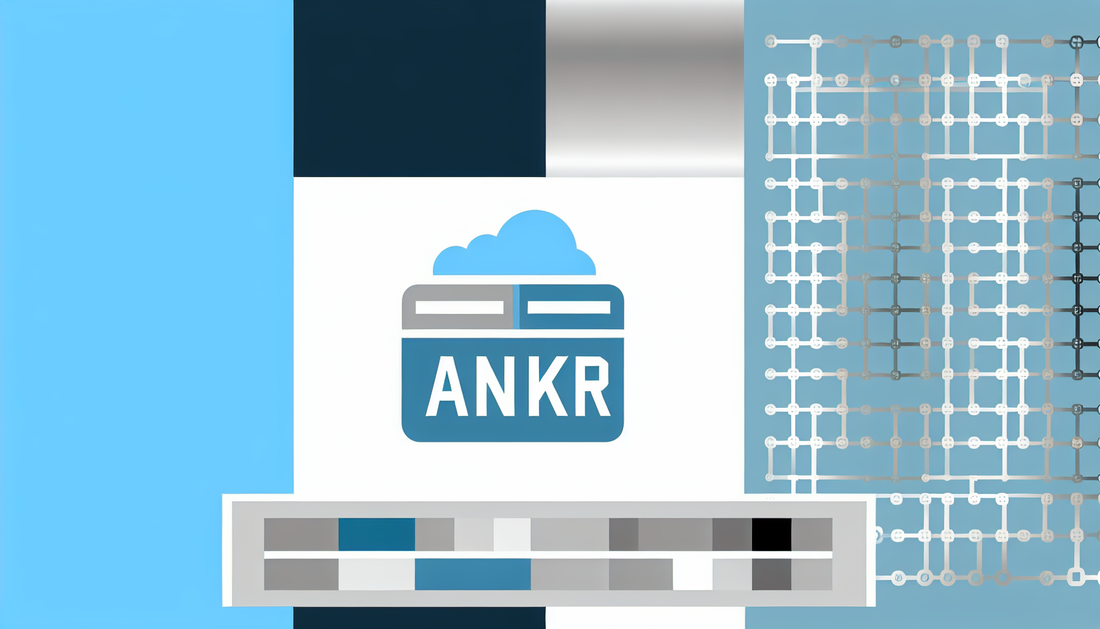
Ankr Under Fire: Key Criticisms Explored
Share
Examining the Biggest Criticisms of Ankr (ANKR)
The Ankr cryptocurrency, a decentralized infrastructure that aims to streamline the deployment of blockchain nodes, has gained attention for its innovative approach to web3 development. Nevertheless, like many crypto assets, Ankr has faced criticism from various corners of the industry.
Centralization Concerns
One of the most frequently mentioned criticisms of Ankr is related to centralization. Ankr's approach to simplifying infrastructure comes with concerns about centralized control. Critics argue that by offering a platform where anyone can run nodes, the network could potentially lead to certain centralized points of failure, which goes against the ethos of decentralization inherent to blockchain technologies.
Security Issues
Security is another major area of concern for Ankr. As with any platform dealing with decentralized finance (DeFi), the potential for security breaches remains high. Users and critics alike are wary of vulnerabilities that could emerge within the Ankr network's infrastructure, which might be exploited by malicious actors.
Competition in the Market
Ankr operates in a highly competitive space where other projects are vying for dominance in web3 infrastructure. This includes rivals like the Graph's data access solutions and other node service providers. Ankr is often scrutinized for how it differentiates itself from these competitors and its ability to innovate at a pace sufficient to stay relevant in such a fast-evolving market.
Market Adoption and Utility
While Ankr's use case for decentralized node hosting is clear, critics often point out that the project needs broader recognition and utility adoption to succeed in the long term. The level at which Ankr can integrate its services into mainstream blockchain projects will play a crucial role in driving future adoption and growth.
Development and Innovation
Ankr's critics have sometimes noted a perceived stagnation in development and innovation. With the blockchain space evolving rapidly, staying ahead with technological advancements is crucial. Failure to do so could see Ankr fall behind its more agile competitors.
In conclusion, while Ankr's blockchain technology offers intriguing prospects for decentralized infrastructure, these criticisms need to be addressed for the platform to fulfill its potential. For those interested in delving deeper into the dynamics of decentralized governance and innovation, exploring platforms like Injective Protocol might offer additional insights.
